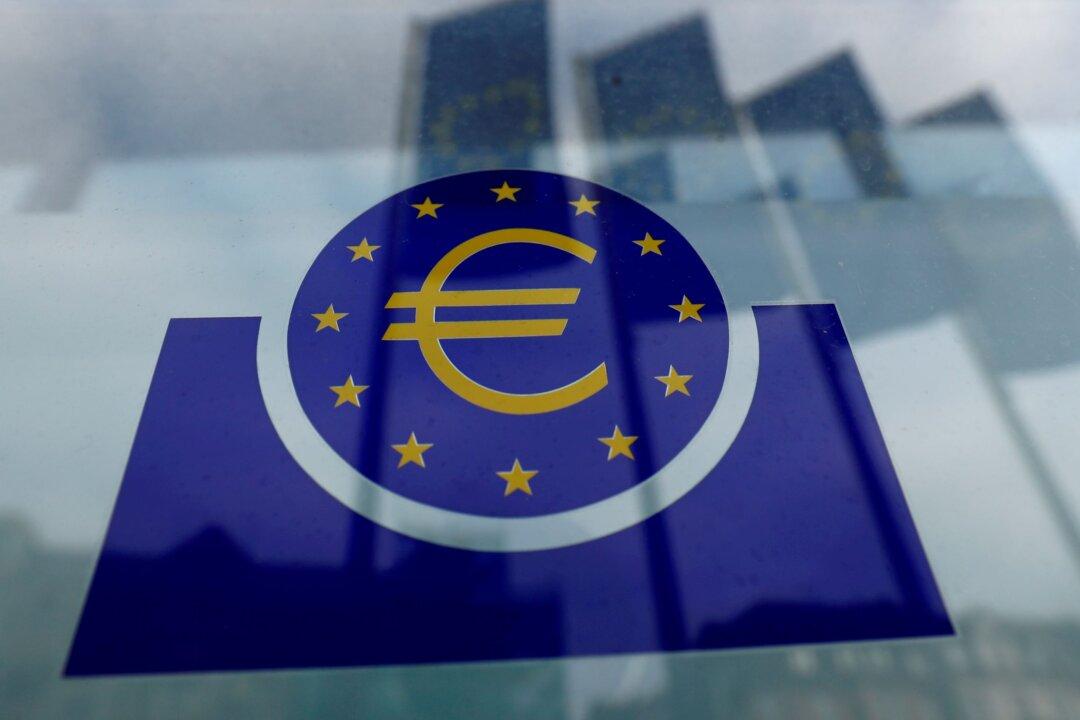FRANKFURT—Euro zone banks tightened access to mortgages in the three months to September and expect to continue doing so in the final quarter of the year, a European Central Bank survey showed on Tuesday.
ECB policymakers are set to take stock of the economic situation at a meeting on Thursday, paving the way for a decision in December on the future of the central bank’s bond-buying programmes.





